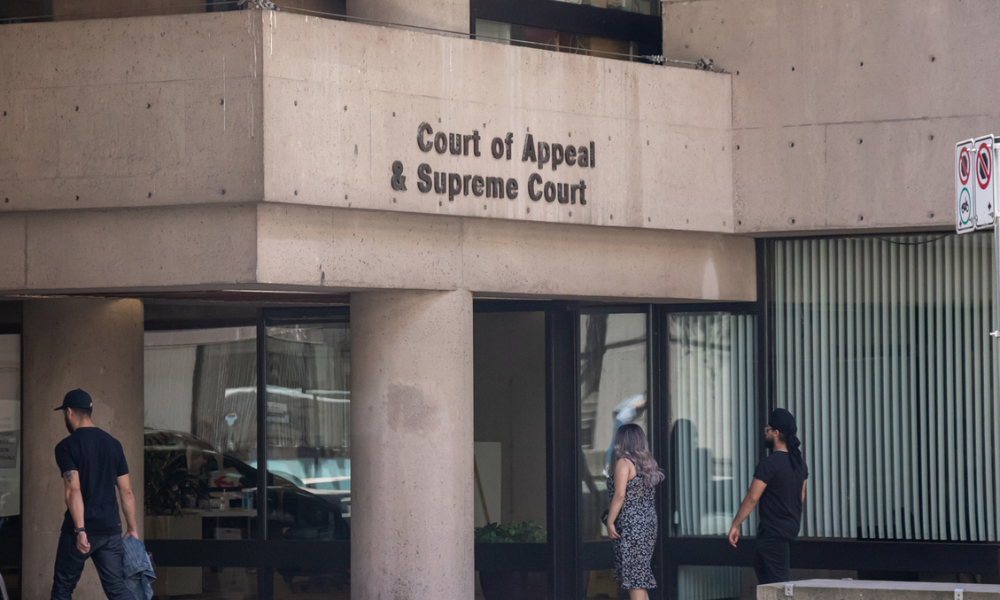The case involves a Swiss national of African descent who was subjected to identity checks

The European Court of Human Rights (ECHR) found Switzerland guilty of violating human rights in a case involving racial profiling, marking a significant moment in the ongoing battle against discriminatory practices in law enforcement.
The court's ruling centred on the case of Mohamed Shee Wa Baile, a Swiss national of African descent, who was subjected to identity checks by police at Zürich train station while he was on his way to work in 2015. Wa Baile's refusal to present his identity documents, under the belief that he was being racially profiled, led to a fine of 100 Swiss Francs (CHF) for non-compliance and an additional 150 CHF in procedural costs.
The ECHR scrutinized the Swiss courts' handling of Wa Baile's complaint, particularly their failure to thoroughly investigate whether the police's actions constituted racial profiling. This oversight led the ECHR to conclude that Switzerland had violated Article 14 (prohibition of discrimination) in conjunction with Article 8 (right to respect for private life) of the European Convention on Human Rights. Furthermore, the court identified a breach of Article 13 (right to an effective remedy), highlighting the inadequacy of the Swiss legal framework in addressing Wa Baile's grievances.
This case gained additional significance as the UN Committee on the Elimination of Racial Discrimination (CERD) had previously voiced concerns about the prevalence of racial profiling in Switzerland and the lack of legislative measures to combat it.
Alicia Giraudel, Legal Advisor for Amnesty International Switzerland said, “Switzerland must take immediate steps to revise its laws, guidelines and practices in line with international standards to prevent the ongoing use of ethnic profiling. The case must also serve as a wake-up call for all European states, which must ensure that they fulfil their obligations to actively prevent police forces from resorting to such discriminatory and unequal treatment.” Amnesty International Switzerland provided third-party intervention in the case.










